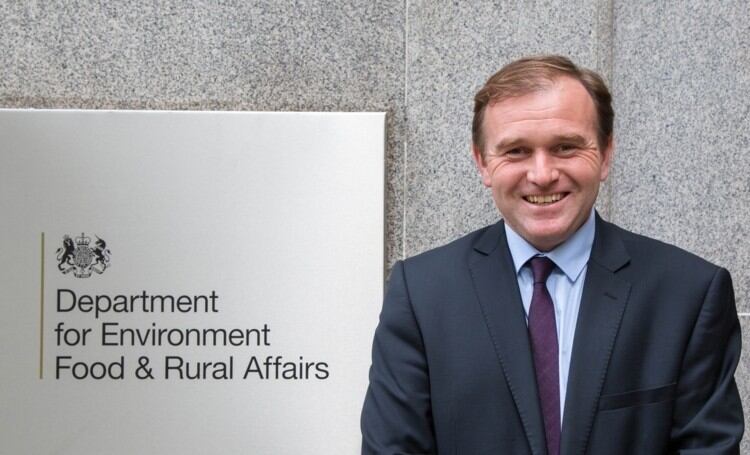The report, the UK Food Security Report 2021, which is to be published every three years, has also said that Brexit, climate change, Covid-19 and public awareness are major issues affecting UK food security.
It said that the “biggest medium to long term risk” to the UK’s domestic production comes from climate change and other environmental pressures like soil degradation, water quality and biodiversity.
The UK currently produces the equivalent of about 60% of domestic consumption by value, part of which is exported. About 54% of food on plates is produced in the UK, including the majority of grains, meat, dairy, and eggs. Self-sufficiency is about 54% in fresh vegetables, and 16% in fruit.
Self-sufficient
The UK is largely self-sufficient in production of grains, producing over 100% of domestic consumption of oats and barley and over 90% of wheat, the report said. But added that increasingly unpredictable and extreme weather as a result of climate change is likely to exacerbate these fluctuations.
It said: “Wheat yields dropped by 40% in 2020 due to heavy rainfall and droughts at bad times in the growing season. Although they have bounced back in 2021, this is an indicator of the effect that increasingly unreliable weather patterns may have on future production.”
The report also recognised that the UK has a productive agricultural sector and a domestic agri-food manufacturing industry that produces food to high standards.
Challenges and opportunities
The report also highlighted that UK’s departure from the European Union has brought along changes in areas as diverse as trade, farming, and access to fisheries, representing both challenges and opportunities in food security.
It said that the COVID-19 pandemic and other concurrent events happening towards the end of 2020, such as the UK leaving the EU and increased food demand due to Christmas, have “stress-tested the supply chain,” highlighting both the vulnerabilities in this complex system and the resilience and flexibility of the UK’s food supply.
In addition, the pandemic has increased public awareness in a range of food security areas. This includes the complexities and dependencies of the UK’s food supply chain, notably the advantages and risks of just-in-time food supplies, as well as the issues surrounding household food insecurity as households struggled to afford food.




